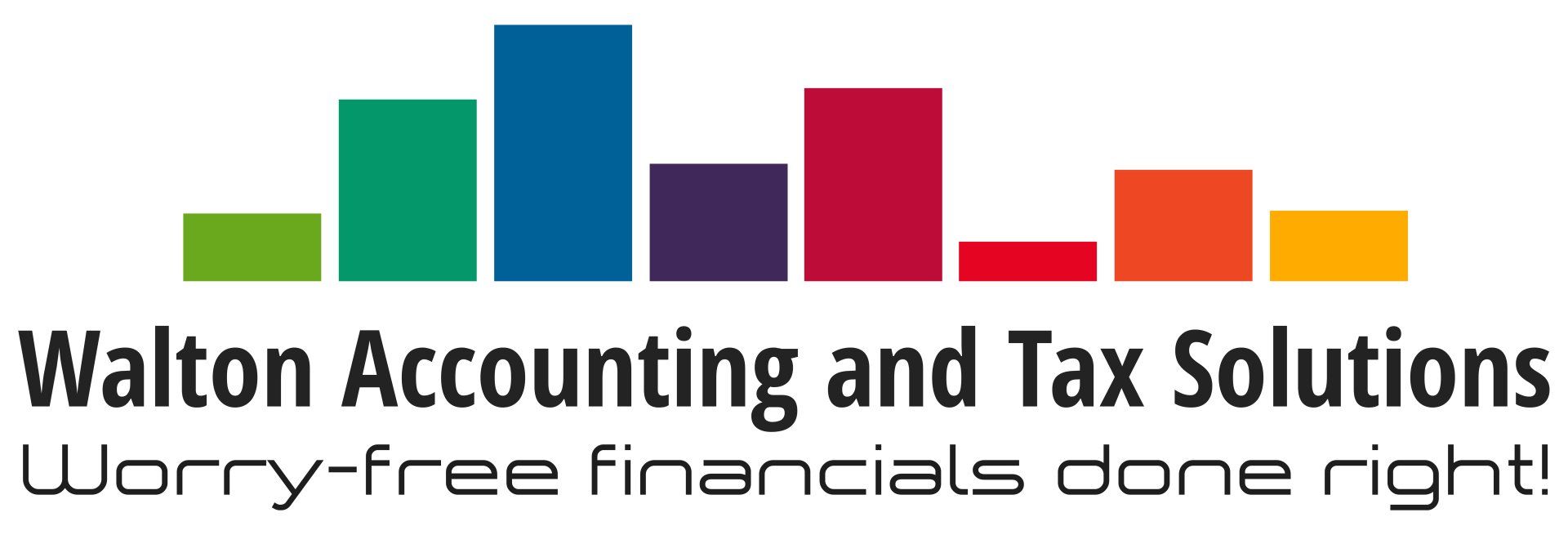Why and How to Make Realistic Financial Projections for Your Small Business
August 30, 2021
Why and How to Make Realistic Financial Projections for Your Small Business
The more information you have as a business owner, the more likely you are to succeed. This includes information about your company’s past, present, and future. Armed with such information, you are better able to make decisions that make the most of your resources and opportunities for growth.
As any entrepreneur can attest to, any decision you make centers around one or more assumptions of what the future will look like. While you may be able to get away with a lucky guess here and there, why not use reliable data to remove some of the guesswork?
No matter the type or size of your business, financial projections should be a central element of your operations. That way, you can help your team maximize the use of the resources you have available right now, as well as plan strategically for a profitable future. If you think your company could benefit from making accurate financial projections, read on for more information and advice from Walton Accounting and Tax Solutions:
What Is a Financial Projection?
Simply put, a financial projection is a document
that contains estimates and plans for potential business outcomes. Most often created on a spreadsheet, it lays out forecasting of income, expenses, and operational strategies over an established period of time.
The overarching goal of a projection is to maximize resources, minimize waste, and set the stage for healthy growth. While it includes existing funds, a projection goes much further. It essentially provides your team with a step-by-step guide for making critical decisions
going forward.
Why You Need Financial Projections
As previously mentioned, realistic financial projections can do wonders in helping your company get the most use out of both your current and future resources, which ultimately will improve your prospects of profit and overall success down the road.
Sure, making these projections takes time, which is why so many small business owners neglect them. However, just the slightest improvements to your team’s forecasting can save you thousands—if not millions— of dollars.
How to Make Realistic Projections
As can be expected, making accurate financial projections isn’t something you can do with minimal knowledge or commitment. If you want to handle this responsibility yourself (and become better equipped to lead your business in general), then consider going back to school.
Along with broadening and deepening your business acumen, pursuing an online degree in accounting can teach you about many financial principles
and practices that will help your company succeed, including basic accounting practices, creating balance sheets, and making realistic financial projections.
Another option is to hire professionals to help you with projections. It’s critical to at least be aware and have a basic understanding of your business’ numbers. Working with an agency like Walton Accounting and Tax Solutions can help you get there. Along with assisting you with financial projections, we can teach you habits and strategies that will help you thrive as a business owner for years to come.
Moreover, using the right tools is crucial when it comes to making realistic financial projections. There are many software products on the market that can help you accurately forecast revenue and efficiently allocate resources so that your company is set up for steady growth. Here are a few products to keep in mind:
● Anaplan
● IBM Planning Analytics
● NetSuite CRM
● Workday Adaptive Planning
● SalesDirector.ai
Your small business should view financial projections as being much more than that little section of your business plan that you only look at once a year. If you really want to optimize your future growth, now is the time to start making accurate projections. Consider pursuing an accounting degree, hire professional financial services to guide your team through the process of making projections, and find tools that will make the whole experience easier and more efficient.
Would you like to read more helpful content or learn about our financial services? Visit waltonfinancialservices.com
today!

Trying to make sense of dollars and cents for your business? While it does take considerable effort, staying on top of your cash flow is very important. It’s one of the most crucial financial steps you can take for both the short- and long-term health of your business. If you’re overwhelmed, find out what Walton Accounting and Tax Solutions can do for you, but these pointers can also be useful in the meantime. Yes, You Need A Separate Business Account Combining your business finances and personal cash is never a good idea and can cause you headaches in the long term. You could end up mixing personal expenditures in your tax reporting, which can land you in serious trouble with the IRS. That’s only one of the issues you could face without a dedicated bank account for your business. If you need to open an online business bank account now to help with your cash flow, look for a bank that is tailored to fit your small business needs. You’ll want easy payroll software integration, high-yield savings, and fewer or no fees — at the very least. No, You Don’t Have to Deal With Cash Flow Solo Opening a new bank account for your small business is pretty simple — tackling all the other tasks needed to keep track of your cash flow is an entirely different story. Even a seemingly straightforward step like creating a cash flow statement can take up a lot of your time. Plus, the margin for mistakes can be pretty substantial when you’re attempting to do it all completely on your own. Many savvy small business owners turn to dedicated professionals to help with cash flow activities and other crucial accounting steps, and you’ll be better served if you do the same. Walton Accounting and Tax Solutions can provide the expert services that your small business needs to surpass your financial goals and preserve more of your time. Yes, Cash Flow Problems Could Sink Your Business Still not convinced that cash flow is crucial for your small business? You should be aware that more than 82% of small businesses end up going under due to cash flow issues. Among the most common mistakes those business owners make is that they fail to come up with a feasible budget and their spending gets completely out of control. Credit problems, inventory mishaps, and a lack of savings are also common problems. You can avoid these pitfalls for your business by carefully monitoring your budget and spending, and then taking steps to protect both your credit and cash reserves. If you’re not sure where to start, it may also be time to reboot your approach to cash flow. No, Finding a Reliable Professional Doesn’t Have to Be a Hassle The bottom line when it comes to cash flow: Knowing your numbers is essential if you want to help your small business grow — better yet, if you want to keep that business from failing. With that said, it’s worth mentioning again that you don’t have to manage your own cash flow on your own. With a few simple steps, you can find a certified and experienced professional who you can trust to stay on top of cash flow operations for you. Start by figuring out all of the reasons you need help to get the right pro for the job. How you handle your cash flow will determine whether your small business merely survives, thrives, or eventually fails. It’s important that you shouldn’t leave this financial task up to chance. If you don’t feel comfortable staying on top of your numbers, consider the benefits of hiring a professional to help with cash flow and any other financial needs. Contact Walton Accounting and Tax Solutions for the complete financial package you need. Photo Credit: Rawpixel

While it may seem easier to maintain your business and personal finances together it should not be done! This means having separate bank accounts and credit card for business expenses ONLY. This will prevent commingling of funds, accounts, and assets which protects the integrity of the corporate veil. Once commingling occurs it is considered "piercing the corporate veil" and that's where the problem begins. Tax Obligations According to the IRS, business expenses are all the expenses which are ordinary and necessary to run a business. The distinguishing feature of business expenses is that they are tax deductible, with some minor exceptions. When you commingle business and personal finance, you increase the likelihood of mis-categorizing personal expenses as business. The best way to ensure clear distinction between business and personal expenses is to use separate bank and credit card accounts for each. Legal Consequences When you commingle business and personal accounts there is no separation and you leave your personal assets at risk. If a tax or legal issue arises, the IRS and legal entities will examine your finances and will determine there is no separation and will allow personal finances to be included toward any financial or legal obligations. The best time to do this is during business formation. If it was not done, take the necessary steps to start separating them today. It will require some extra time and effort into creating that separation but it's worth it, it will... Provide peace of mind that your personal finances will be protected. Make tracking business income and expenses much easier. Tax preparation will be a breeze. Lastly, if using a bookkeeping software, like Quickbooks or Freshbooks... DO NOT link your personal accounts.



